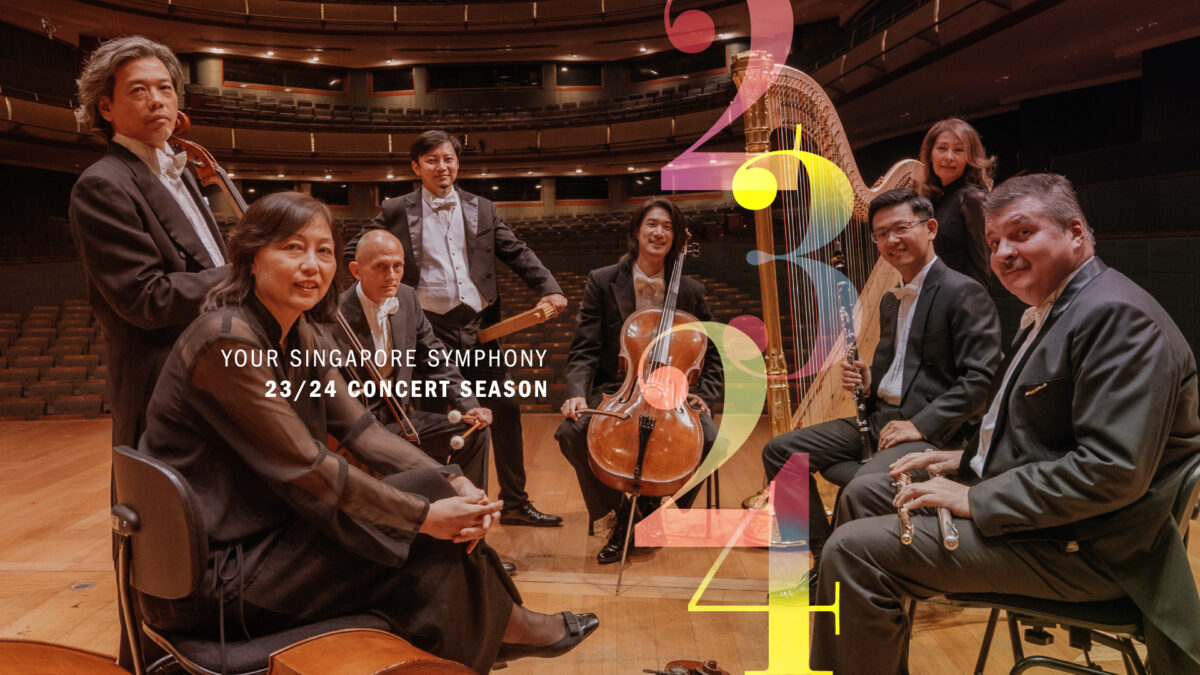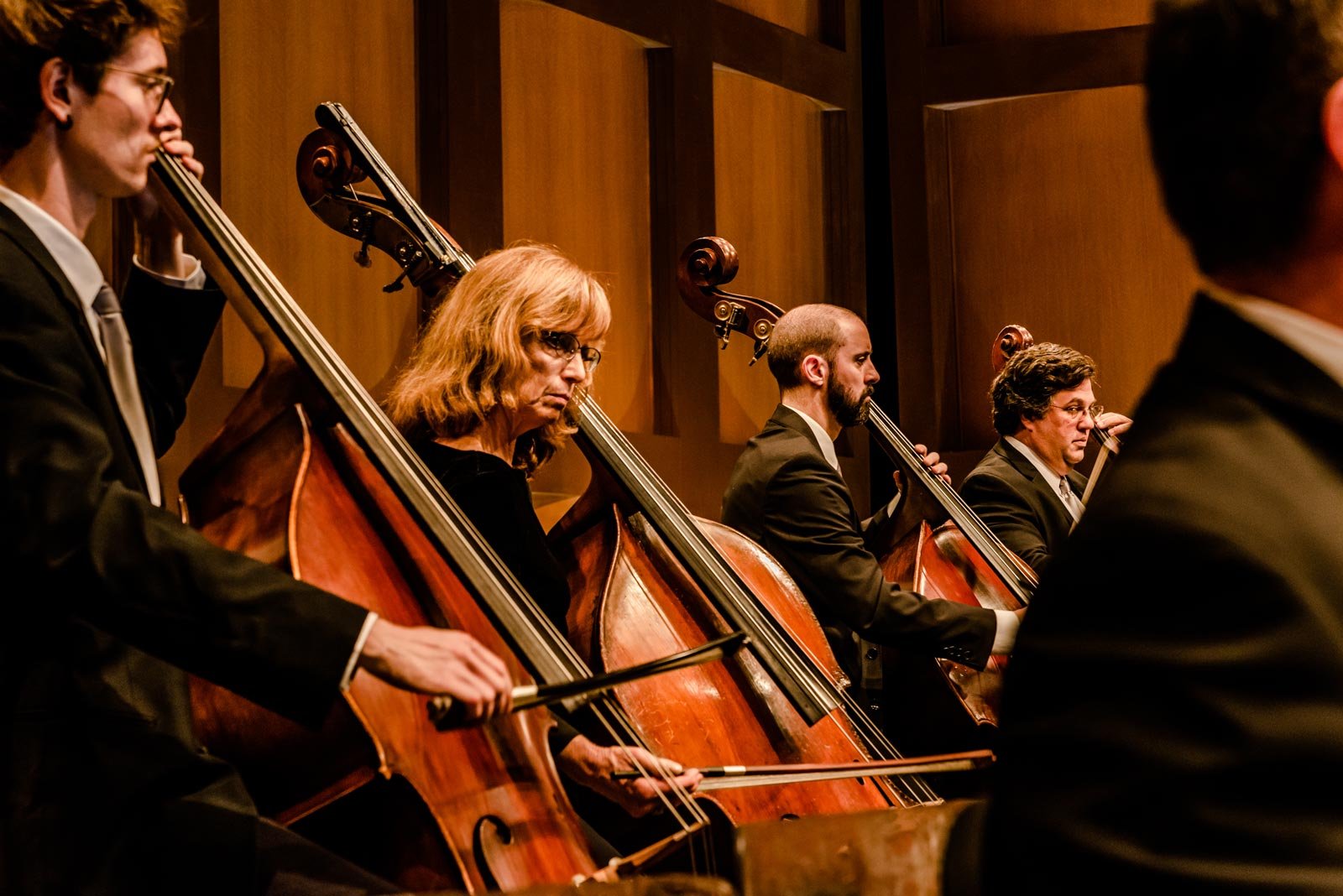
Video game music has officially leveled up, making an epic leap from consoles to concert halls worldwide. This phenomenon, known as "Symphonic Gaming," is sweeping through the music scene, turning iconic video game soundtracks into grand symphonic performances. It's a movement that not only celebrates the artistry of game composers but also bridges the gap between gaming and traditional music audiences, creating a cultural mash-up that's as thrilling as a last-minute boss fight.
Just recently, the Hawaiʻi Symphony Orchestra joined this growing trend with their "arcade overture," featuring a stunning lineup of symphonic renditions from blockbuster video games. The concert highlighted the intricate compositions behind the games, proving that these soundtracks can stand tall alongside classical music's greatest hits. For fans, it’s a chance to experience their favorite gaming tunes in a whole new light—and perhaps, with a bit of nostalgia.

This symphonic trend is more than just a nod to nostalgia. It's a testament to the complex and emotive compositions that have become a staple in gaming. The shift from merely background music to full-fledged concert pieces speaks volumes about the evolution of video game music. As John Froman, a music critic from CBR, noted, "Video game scores have long been underestimated, and these concerts are a rightful acknowledgment of their artistic value."
Statistics show a growing interest among orchestras to incorporate these performances into their schedules. According to a report by the League of American Orchestras, there has been a 30% increase in concerts featuring video game music over the past five years. It's not just niche orchestras getting in on the action; major symphony orchestras from Los Angeles to London are performing these epic arrangements, drawing crowds that are as diverse as the playlists themselves.
What makes video game music such a perfect fit for orchestras? For one, the genres are inherently cinematic, designed to enhance the emotional weight of a game much like a film score. Composers like Nobuo Uematsu, known for his work on the "Final Fantasy" series, and Koji Kondo, the genius behind "Super Mario Bros." and "The Legend of Zelda," create pieces that are both complex and deeply emotive. This makes them ideal for symphonic interpretation, offering a new way to experience the sweeping scores that players have come to love.
Moreover, these concerts are fostering a new kind of symphony audience. Gaming enthusiasts, who might never have stepped foot in a concert hall, are now purchasing tickets to see their beloved game scores performed live. This infusion of younger audiences is revitalizing the classical music scene, bringing fresh energy and enthusiasm.

The impact of symphonic gaming extends beyond just the fans and musicians. For game developers, seeing their work honored in this way is both validating and inspiring. "Hearing your music performed by a live orchestra is a dream come true," says Jessica Curry, a composer known for her work on "Everybody's Gone to the Rapture." "It's a testament to the craft and creativity that goes into composing these scores."
The rise of symphonic gaming is a reflection of the evolving landscape of both the gaming and music industries. It's a fusion of art forms that, despite their differences, share a common goal: to tell compelling stories and evoke emotion. As more orchestras embrace this trend, it's clear that video game music is here to stay in the classical music repertoire.
This cultural phenomenon shows no signs of slowing down. With more orchestras lining up to perform these symphonic concerts, video game music is poised to continue its rise, redefining what audiences can expect from both gaming and classical music worlds. For those who have long recognized the artistry in video game compositions, these concerts are a celebration of a genre finally getting its due.
In the words of game composer Austin Wintory, "Video game music is the music of our generation." As symphonic gaming continues to grow, it's clear that this genre has not only arrived in the concert hall—it’s taken center stage.